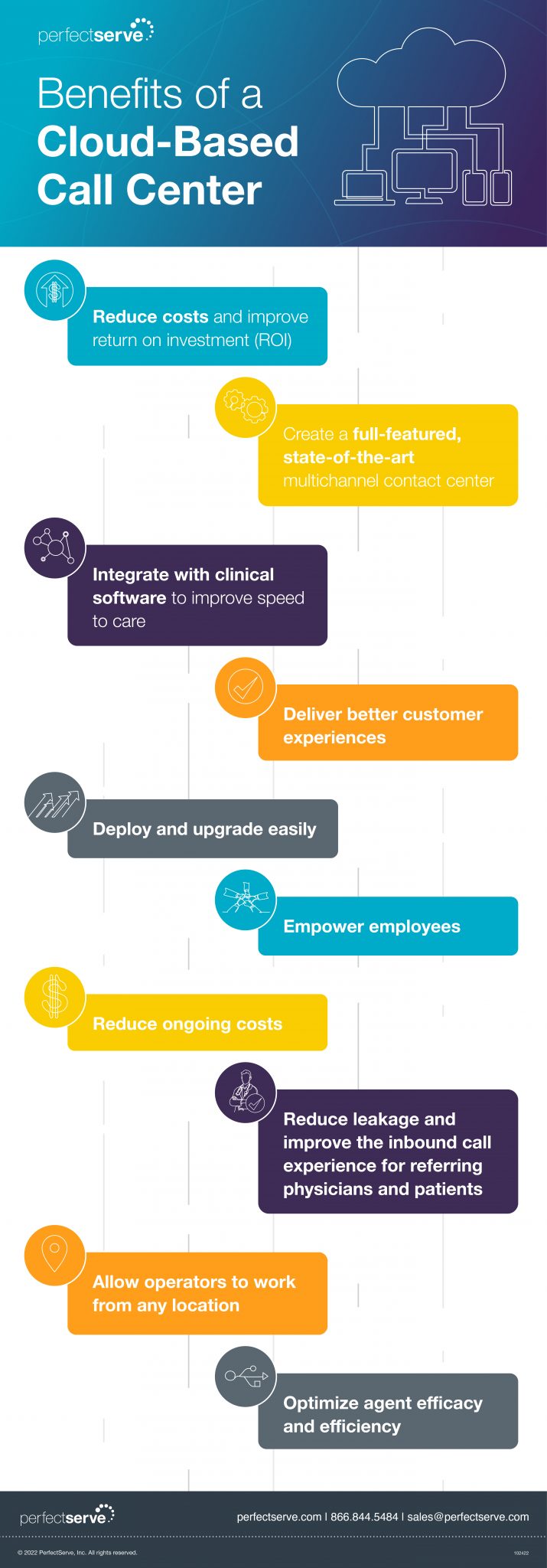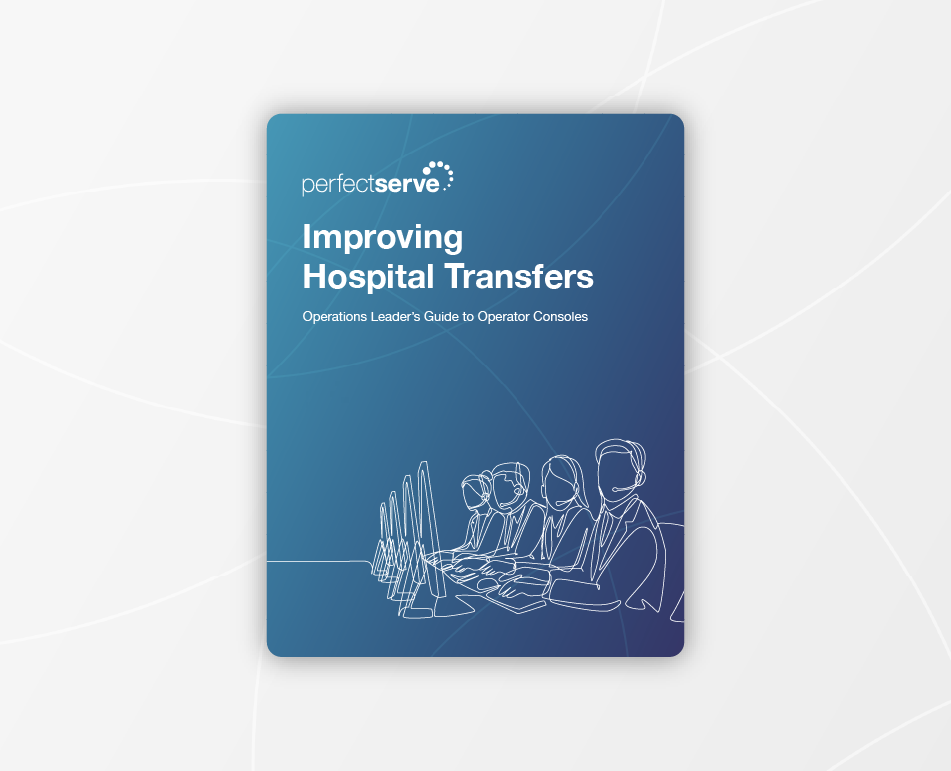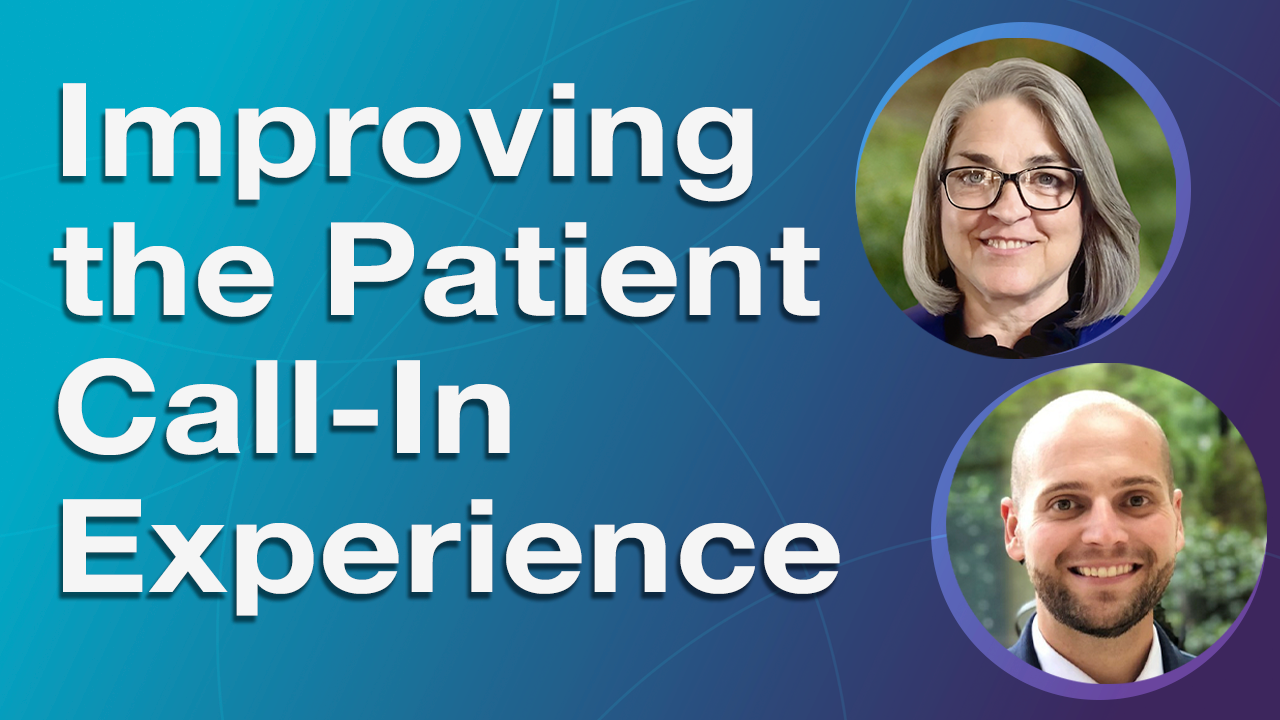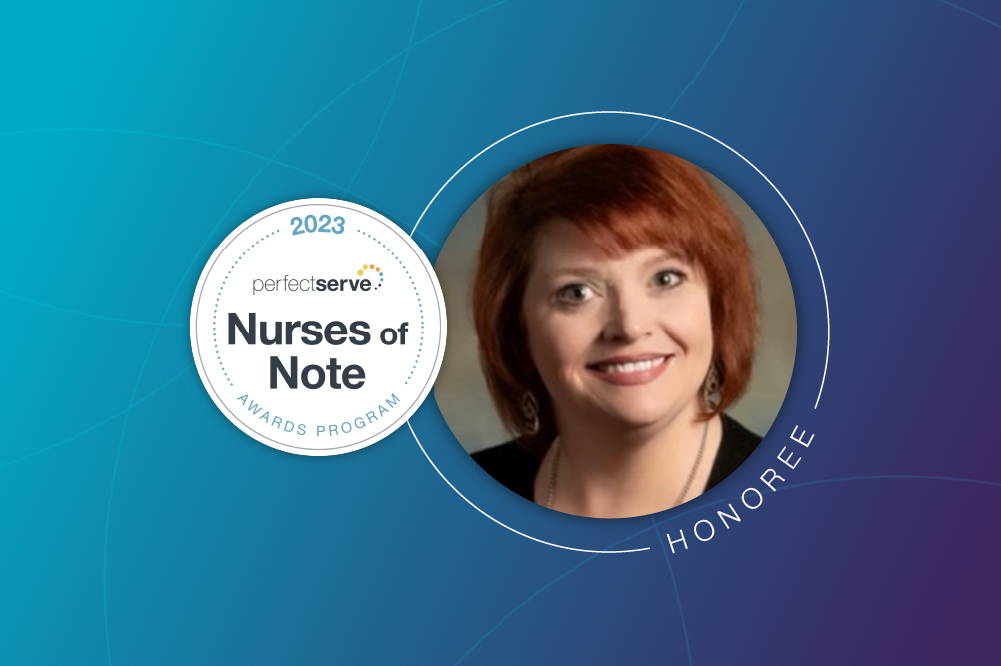Don’t Get Spooked by Cloud Call Center Solutions
TABLE OF CONTENTS
Making The Move to a Cloud-Based Call Center
Inbound calls to the hospital are a critical element of the overall care experience for both patients and referring physicians. Delays or downtime with call center technology can increase patient leakage by contributing to a poor experience, and more patient leakage means more lost revenue.
Thanks to the advent of cloud-based call center solutions, a poor calling experience for patients and physicians doesn’t have to be the status quo. Cloud-based call centers are centralized hubs that allow healthcare organizations to use virtual call center teams and agents to manage both inbound and outbound interactions.1 This specialized technology is accessible through the cloud, meaning any agent from any location can access and use the solution whenever they want. This is radically different from legacy on-premise call center solutions, which require on-site hosting of hardware and software.
Though moving from an on-premise solution to cloud-based technology may seem daunting at first, the benefits of modernizing this critical infrastructure are significant enough that hospitals are increasingly moving toward the cloud. Let’s take a closer look at the benefits of cloud-based call center solutions to see why your organization should make the transition away from dated on-premise technology.
The Benefits of Cloud-Based Call Center Solutions

Agents Can Work From Anywhere
One of the cloud-based call center’s major benefits is its inherent flexibility. With on-premise solutions, agents are location-bound and dependent upon equipment hosted on-site, meaning things like sickness, traffic, inclement weather, and power outages can prevent them from working. With a cloud-based system, agents can access the call center software from anywhere, and equipment is simplified—they likely just need a computer and a headset. Many industries have seen a dramatic rise in remote work over the past few years, so the added flexibility of a cloud-based solution can help to bring healthcare call centers into alignment with broader workforce trends.
Can Be Integrated with Key Clinical Systems
By integrating with other key hospital systems, a cloud-based call center solution can transform the traditional call center into a health system’s communication command center and patient engagement center. In the case of PerfectServe, the call center solution can be tightly integrated with EHRs, secure messaging platforms, clinical directories, scheduling platforms, CRMs, patient flow systems, pagers, and phone systems. These integrations enable information-rich, two-way communication that is difficult to achieve with legacy call center platforms.
Faster Deployments and More Scalability
Increased speed is another notable benefit of going to the cloud. Cloud-based solutions are fast, flexible, and scalable when the call center gets busy, and they make it easy to accommodate staff fluctuations by simplifying the process for adding or removing users to a single mouse click. Hospitals can also add agents as needed for peak periods—whether they last hours, days, or months—and then turn off those services when usage wanes. In contrast to on-premise solutions, cloud-built solutions are much faster to deploy and adopt because they use intuitive web-based interfaces that are more familiar and easy to use. This limits the time required to train operators and get them up to speed.
Enhanced Security with Over-the-Air Updates
Healthcare organizations are some of the top targets for cyber attacks. As such, safeguarding Protected Health Information (PHI) is crucial, and cloud-based solutions can protect important data through robust encryption. It’s important to look for solutions that are both HIPAA-compliant and have a SOC 2 certification, as these ensure patient confidentiality and leaves a trail in case of a needed audit. PerfectServe’s cloud-based call center software is HIPPA-compliant and complies with all SOC 2 audit requirements, providing safety and security for the healthcare system and its providers and patients.
According to Norton, cloud service providers are likely much safer than server-based systems thanks to consistent security updates, AI protection tools, auto-patching algorithms, built-in firewalls, and third-party security testing.2 Importantly, security updates for cloud-based solutions can be delivered over the air by the vendor. This means the hospital doesn’t have to devote IT resources to these updates, and they can be executed with zero downtime for the call center. Taking all of these factors into consideration, enterprise-grade security at a cloud provider’s data center is likely to be better than what many healthcare organizations can achieve alone.
Multi-Point Access and Better Reliability
The reliability of call center software is greatly increased with a cloud-based orientation. Because a cloud-based call center can be backed up on multiple servers, which are also accessible through the cloud, multi-point access is available even when issues arise. For example, if a hurricane approaches a shoreline hospital, the call center functionality of that hospital could be shifted to another facility and out of the storm’s path. An on-premise solution is bound by location and local power, whereas a cloud-based solution can flex freely and be accessed from a different location. PerfectServe’s cloud-based call center solution guarantees a 99.9% uptime rate, promising this level of reliability to every customer.
Lower Costs Compared to On-Premise Solutions
Another powerful benefit of the cloud-based call center is its price. The on-premise call center is hardware-based, meaning your communication hardware, software, and infrastructure remain on site at your organization with a dedicated communication server. As a result, your IT team is responsible for the installation, maintenance, and upkeep of everything from servers to headsets to integration support. At a minimum, updates and repairs are required every few years, which becomes costly over time. Because cloud updates are automatic, an organization does not have to rely on a physical team or worry about scheduling repairs. Automated, real-time updates save money for an organization by lowering on-premise hardware costs and limiting the need for in-house IT resources.
Setup is Faster and Easier
Cloud-based call center solutions also benefit from an easy setup process. Implementing an on-premise call center can take up to several months because hospitals have to purchase hardware and licenses, install the infrastructure, and find compatible software. This process is lengthy and often leaves room for gaps and mistakes, which can be costly. Cloud-based call centers, on the other hand, have out-of-the-box functionality that only requires the installation of an app on a computer. Once the software is installed, most of the work is done. Training can then begin as soon as the software is up and running. For new and existing operators alike, this process is faster and simpler.
Cloud-Based Call Centers Lead to a Better Experience for Everyone
Among the benefits of cloud-based call centers discussed here, it’s important to note one of the primary outcomes: an improved experience for patients, providers, and agents alike. The ease of integration with other hospital systems, such as scheduling and clinical communication tools, means the right cloud-based solution can consistently and efficiently connect patients and providers while streamlining day-to-day operations for agents. In that way, the cloud-based call center becomes a critical piece of your organization’s more modern digital front door, as well as the backbone of communication within the hospital and for patients and outside personnel.
To learn how PerfectServe’s cloud-based medical call center software can help your organization accelerate speed to care, book a demo today.
1 What Is A Cloud Contact Center: Benefits & How It Works, TechJockey.com: https://www.techjockey.com/blog/what-is-cloud-contact-center
2 Cloud Security: How Secure is Cloud Data? Norton: https://us.norton.com/blog/privacy/cloud-data-security#




